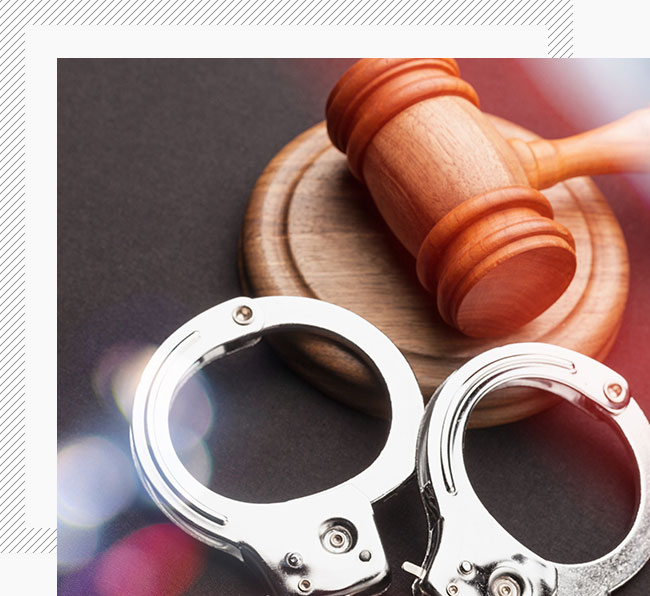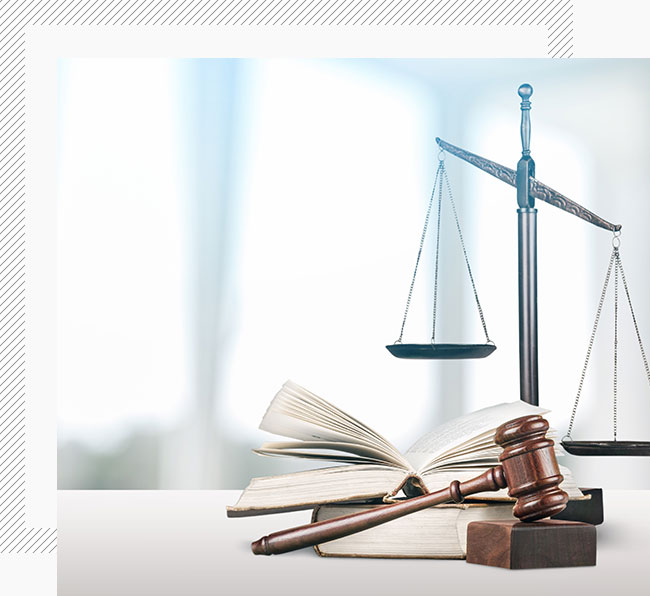Experienced lawyers
No Conviction

No Conviction
The legal system empowers Courts to impose a range of penalties upon individuals that have pleaded guilty or are found guilty of a criminal offence.
The penalties imposed by the Court may involve a criminal conviction. A criminal conviction could have a long-lasting impact on a person’s ability to travel, obtain employment and engage in recreational activities such as holding a firearms licence.
Fortunately for individuals charged with a criminal offence, the law allows the court to impose penalties without recording a conviction.
There are two penalties that do not involve a conviction:
- Section 10 Dismissal.
- Conditional Release Order (CRO).
Section 10 Dismissal
Section 10 dismissal refers to instances where the Court finds that an offence has been proven but declines to impose any punishment on an offender.
A Section 10 dismissal has the benefit of allowing a person to avoid a criminal conviction. It also means that a person will not be subject to any period of good behaviour. Importantly, in driving cases, it will allow the person to keep their licence and will avoid the accruing of any demerit points.


Conditional Release Order
A Conditional Release Order (CRO) without conviction is applied in instances where the Court is not inclined to impose a criminal conviction on an individual, but the offence is too serious to grant a Section 10 dismissal.
A CRO is in effect a good behaviour bond that does not involve the recording of a criminal conviction.
Much like a Section 10 dismissal, a CRO dismissal has the benefit of allowing a person to avoid a criminal conviction. Importantly, in driving cases, it will allow the person to keep their licence and will avoid the accruing of any demerit points.
The main difference between CROs and Section 10 Dismissals is that CROs will involve a good behaviour bond with some conditions attached to that bond.
Frequently Asked Questions
What Conditions will the Court Impose?
The Court must impose the following set of standard conditions to any CRO:
- To be of good behaviour.
- To attend Court when required to do so.
- To inform the Court of any change of address.
The Court may also decide to impose any of the following additional conditions:
- A condition requiring a person to engage in alcohol or drug treatment program.
- A condition preventing a person from consuming any alcohol or drugs.
- A condition precluding a person from associating with other individuals.
- A condition precluding a person from entering a certain suburb.
- A condition requiring a person to undertake supervision from Community Corrections.
How Long does a Conditional Release Order Last For?
It is likely that a criminal conviction will be recorded. The Courts consider drink driving to be a serious offence, and therefore the starting point for the sentencing Court is the recording of a criminal conviction, accompanied by a fine and a period of licence disqualification (commonly six months). Novice range PCA is considered to be a serious offence due to the zero limit for drivers to whom it applies.
What Happens if I Breach a Conditional Release Order?
If a CRO is breached by way of a new fresh offence, the Court has the power to sentence persons to the new offence and to also re-sentence the offender for the previous offence that was subject to the CRO.
However, the Court is also empowered to deal with the breach in any of the following ways:
- Take no action on the breach. This will usually occur if the breach is not significant or where there are extenuating circumstances explaining how the breach took place.
- Revoke the CRO and impose a new CRO.
- Add or vary the existing conditions of the CRO.
How Can I Avoid a Conviction?
Avoiding a conviction, whether by way of a Section 10 Dismissal or a CRO can be difficult to achieve. It is important to have an experienced lawyer that has the ability to persuade the Magistrate to exercise their discretion in not convicting an offender.
In deciding whether the Court will record a conviction, the following factors must be considered:
- The persons age, prior character, criminal history, community involvement, health and mental condition.
- The nature and seriousness of the offence and the specific offending conduct.
- Whether any extenuating circumstances are applicable in the circumstances of the case.
- Any other factors the magistrate deems appropriate.
The above list is non-exhaustive, and the magistrate can have regard to any factors they deem appropriate and relevant. Having an experienced lawyer will assist you in identifying what factors are usually considered by the Court.
Get in Touch With The Best Lawyers
Our lawyers at Criminal Law Group regularly appear in the Local and District Court representing clients for drug and traffic offences.


